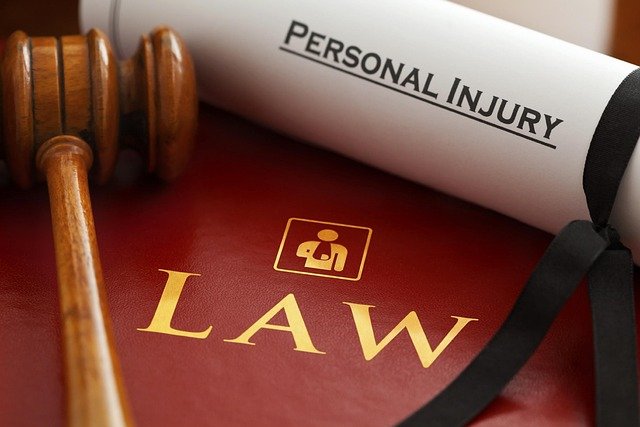A Law Degree: Empowering Advocates for Justice and Civil Rights
Pursuing a law degree opens doors to a world of opportunities in the legal field, particularly for those passionate about civil rights and social justice. This comprehensive education equips future lawyers with the knowledge and skills necessary to navigate complex legal systems, defend individual liberties, and combat discrimination. In this article, we'll explore the various aspects of a law degree and how it prepares graduates to tackle pressing issues such as police misconduct and voting rights.

How can a law degree prepare you for a career in civil rights?
A law degree provides the foundation for a career in civil rights advocacy. Through coursework and practical experiences, students develop a deep understanding of constitutional law, equal protection, and civil liberties. They learn to identify instances of discrimination and develop strategies to address them through legal channels. Additionally, law schools often offer internships and clinics that allow students to work on real civil rights cases, gaining valuable experience before graduation.
What role do lawyers play in addressing police misconduct?
Lawyers with expertise in civil rights play a crucial role in addressing police misconduct. They represent individuals who have experienced excessive force, false arrest, or other violations of their constitutional rights. These attorneys investigate incidents, gather evidence, and file lawsuits against law enforcement agencies or individual officers. They also work to promote systemic changes by advocating for policy reforms and improved police training. A law degree equips graduates with the skills to navigate complex legal procedures and build compelling cases against police misconduct.
How does a law degree contribute to protecting voting rights?
Voting rights are fundamental to a democratic society, and lawyers play a vital role in safeguarding them. A law degree provides the knowledge necessary to understand complex election laws, identify voter suppression tactics, and challenge unconstitutional restrictions on voting. Graduates may work for organizations that focus on voter protection, file lawsuits to challenge discriminatory voting practices, or advocate for legislation to expand voting access. The analytical and advocacy skills developed during law school are essential for navigating the intricate landscape of voting rights litigation and policy.
What career opportunities are available for law graduates in civil rights?
A law degree focused on civil rights opens up various career paths. Graduates may choose to work for nonprofit organizations dedicated to civil rights advocacy, such as the American Civil Liberties Union (ACLU) or the NAACP Legal Defense and Educational Fund. Others may join private law firms specializing in civil rights litigation or establish their own practices. Some lawyers work for government agencies, such as the Civil Rights Division of the U.S. Department of Justice, to enforce anti-discrimination laws. Additionally, law graduates may pursue careers in academia, researching and teaching about civil rights issues.
How much does a law degree cost, and what are the salary prospects?
The cost of obtaining a law degree can vary significantly depending on the institution and location. According to the American Bar Association, the average annual tuition and fees for a private law school in 2021 were approximately $51,268, while public law schools averaged $29,074 for in-state students. However, many schools offer scholarships and financial aid to help offset these costs.
Here’s a comparison of estimated costs for different types of law schools:
| Law School Type | Estimated Annual Tuition and Fees |
|---|---|
| Private | $51,268 |
| Public (In-State) | $29,074 |
| Public (Out-of-State) | $42,143 |
Prices, rates, or cost estimates mentioned in this article are based on the latest available information but may change over time. Independent research is advised before making financial decisions.
As for salary prospects, they can vary widely depending on the specific career path chosen. According to the Bureau of Labor Statistics, the median annual wage for lawyers was $126,930 in May 2020. However, salaries for civil rights lawyers may be lower, especially in nonprofit organizations, where the focus is on public service rather than profit. On the other hand, successful civil rights attorneys in private practice or those working on high-profile cases can earn significantly more.
In conclusion, a law degree provides a powerful foundation for those seeking to make a difference in civil rights, combat discrimination, and protect fundamental liberties. While the path to becoming a lawyer requires significant investment in time and resources, it offers the potential for a rewarding career dedicated to justice and equality. Whether addressing police misconduct, safeguarding voting rights, or tackling other forms of discrimination, law graduates equipped with the right knowledge and skills can become formidable advocates for positive change in society.






